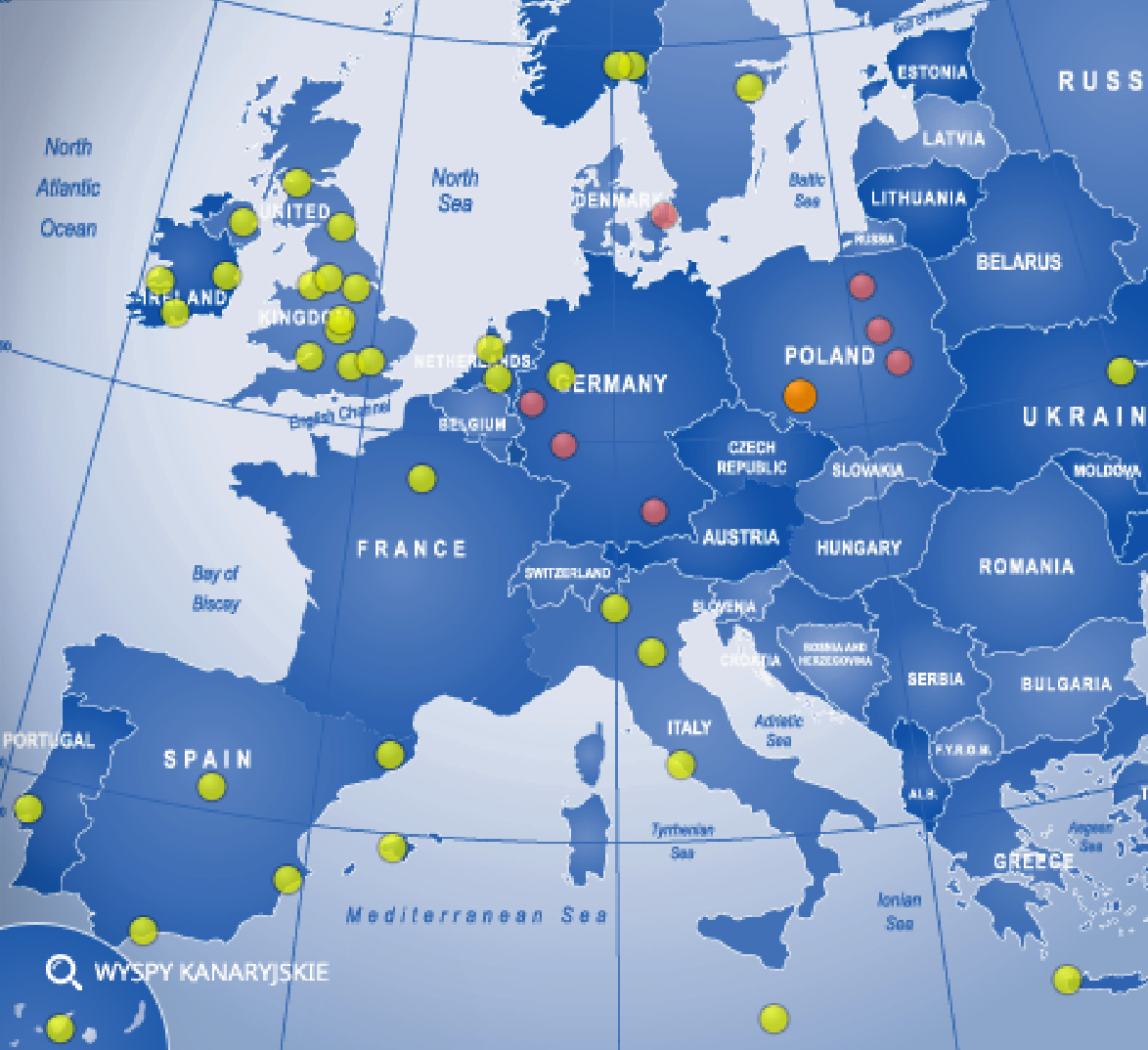Wroclaw
Wrocław (/ˈvrɒtswəf/; Polish pronunciation: [ˈvrɔt͡swaf], German: Breslau, pronounced [ˈbʁɛslaʊ]; Czech: Vratislav; Latin: Vratislavia)
In ancient times at or near Wrocław was a place called Budorigum. It has been mapped to the ancient Claudius Ptolemy map of the years 142-147 AD.
The city of Wrocław originated at the intersection of two trade routes, the Via Regia and the Amber Road.
Settlements in the area existed from the 6th century onward, when a Slavic tribe Ślężans settled on the Oder and erected on Ostrów Tumski a gord.
The city was first recorded in the 10th century as Vratislavia, the Bohemian duke Vratislaus I founded here a Bohemian stronghold. Vratislavia was possibly derived from the duke's name Vratislav. In 990, Duke Mieszko I of Poland conquered Silesia including Wroclaw. The town was mentioned explicitly in the year 1000 AD in connection with a founding of a bishopric.








